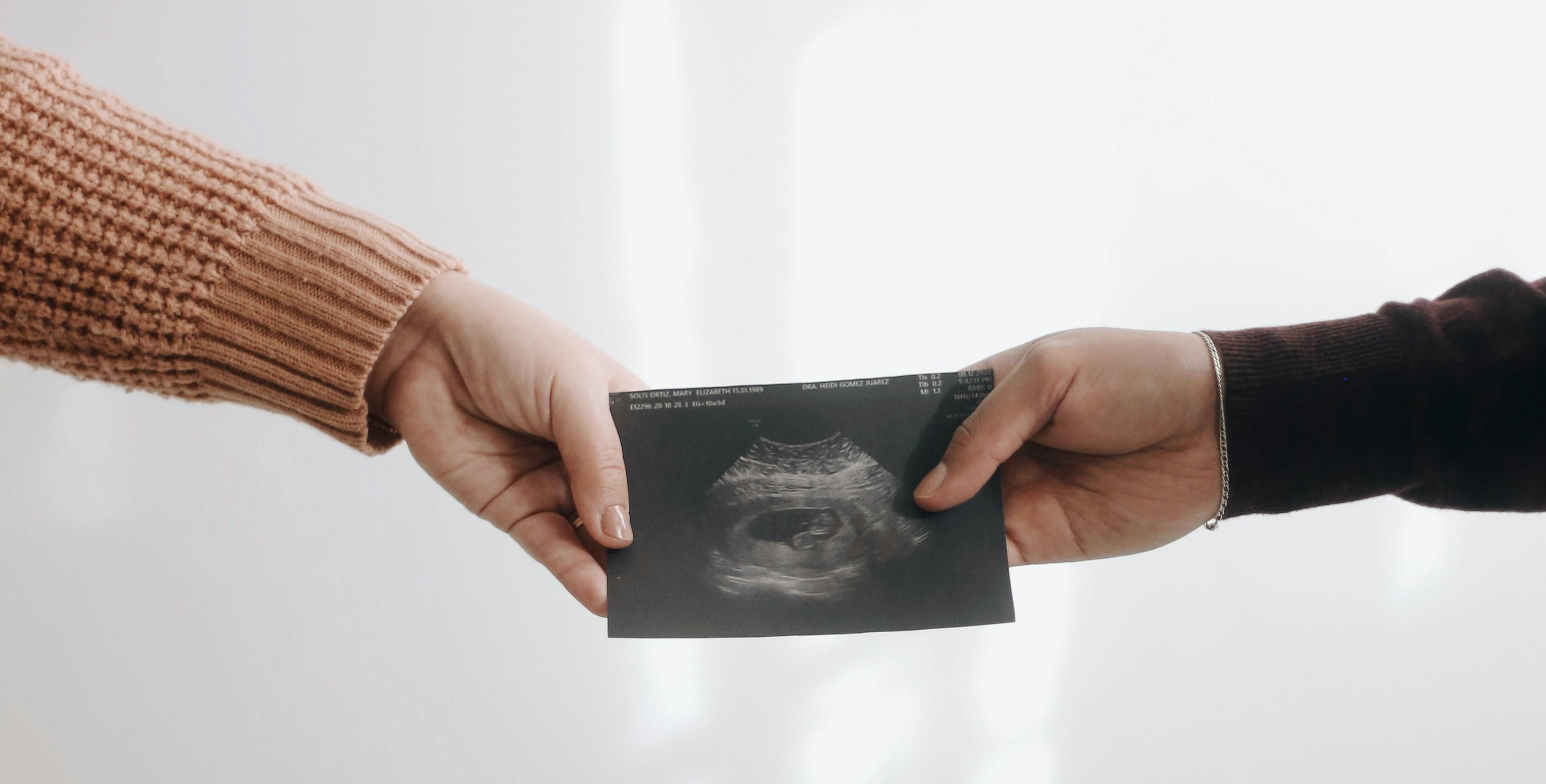abortion
Abortion Pill Information
Posted By: Parkridge Employee | November 19, 2020

A medical abortion, sometimes called the “abortion pill”, is actually a series of 2 different medications, used together as a non-surgical way to end a pregnancy. These medications will terminate, or end, a pregnancy, and are not the same as what is commonly known as the “morning-after pill” or Plan B, which is designed to prevent a pregnancy from occurring. For more in-depth information about the abortion pill, click here.
Take the Time to Weigh Your Options
Having an abortion is a big decision, and there are many factors to consider... we would encourage any woman making decisions about an unintended pregnancy to talk to her partner, a counselor, her family or trusted friends before making this decision. Slowing down to consider options, weigh risks, and consider alternatives can help in the decision making process. There are many myths about medically induced abortions. Parkridge provides options education and helps women weigh the risks/benefits of every option.
Questions to Ask Your Provider Before Using the Abortion Pill
It is also a good idea to talk through all options with a medical care provider, and make sure all questions are answered before making a decision.
Some important questions to ask are:
How effective is the medical abortion?
What follow-up care is needed?
What risks should I be aware of?
Several factors may impact the effectiveness of the abortion pill - particularly how far the pregnancy has developed. A confirmation ultrasound can determine this information, and is helpful in making the decision. Parkridge provides free pregnancy testing and ultrasounds, by qualified medical personnel (click here to schedule an appointment).
Because the medical abortion process happens at home and not in a medical setting (doctor’s office or hospital), follow-up care is essential. A medical professional needs to determine if the procedure worked correctly and verify that the uterus is empty. An incomplete medical abortion can occur if the medications fail to work correctly. In this case, a woman might need to undergo a surgical abortion.
Follow-up Care & Side Effects
These medications cause pelvic cramping and vaginal bleeding - both would likely begin within 24 hours after taking the abortion pill medication. As with any medical procedure, a woman’s doctor should provide instructions regarding her follow-up care. It is important for her overall well-being that a woman monitors her physical and emotional health and asks for help if needed.
Post-Procedure Symptoms to Watch For
The following symptoms are less common side effects and might mean there has been a complication with the abortion procedure:
- Soaking 2 or more maxi pads in an hour for more than 2 hours in a row
- Passing blood clots larger than a lemon
- Chills and Fever greater than 101.0
- Foul smelling vaginal discharge
- Severe pelvic or lower back pain
- Fainting
- Nausea, vomiting, diarrhea, weakness, or dizziness for more than 24 hours
- Continuing pregnancy symptoms (may include fatigue, morning sickness, breast tenderness)
- Depression
One week after a medical abortion, a woman should expect to have a follow-up appointment with her care provider - this might be via phone or telehealth but could also be an in-clinic assessment. However, if complications or concerns develop before this follow-up appointment, we would encourage a patient to follow up with her doctor or provider sooner. If any parts of the pregnancy remain in the uterus, this is known as an incomplete medical abortion. Incomplete abortions can lead to hemorrhage (heavy blood loss) or infection, and should be immediately addressed by a doctor, as this could cause serious medical complications.
Sometimes women find they regret having made an abortion decision, or feel they made the decision too quickly. Feelings of regret and sadness can be difficult—and we would encourage a woman to ask for help in dealing with these emotions as part of her follow up care.
Parkridge Can Help!
We hope the information included here is helpful, and is received in conjunction with other medical information. This blog post is not intended to replace information directly received from a medical provider.
Through pregnancy testing, ultrasound confirmation and STD testing & treatment, we serve women who are considering the abortion pill as well as other pregnancy options. Parkridge does not provide abortions, but we do provide professional counseling, including post-abortion support. All of our services are always free of charge, confidential and delivered by licensed professionals. An unintended pregnancy need not be faced by a woman in isolation. Please reach out to us and let us know if we can help! Call 806.794.8555 or make an appointment online by clicking here.
Resources:
The American College of Obstetrics and Gynecologists: www.acog.org (Abstract: Medical Abortion)https://www.acog.org/clinical/clinical-guidance/practice-bulletin/articles/2020/10/medication-abortion-up-to-70-days-of-gestation
The Mayo Clinic - Academic Medical Center www.mayoclinic.org
(Abstract: Patient Care and Health, Medical Abortion)
https://www.mayoclinic.org/tests-procedures/medical-abortion/about/pac-20394687
Center for Disease Control and Protection www.cdc.gov
(CDCs Abortion Surveillance FAQ) https://www.cdc.gov/reproductivehealth/data_stats/abortion.htm
Recent Posts

Adoption vs Abortion
Read More
Ultrasounds Before An Abortion
Read More
Inside the Clinic - Meet The Care Team
Read MoreCategories
 Back to Blog
Back to Blog